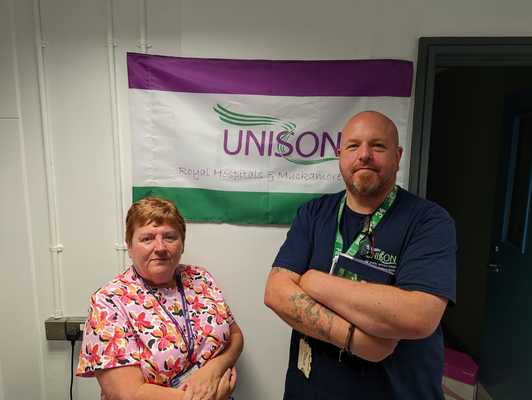THE BRITISH government’s Troubles legacy proposals raise “profound legal, ethical and human rights issues” according to a scathing new Commons report.
In an interim report published on Monday, the Northern Ireland Affairs Committee (NIAC) described proposals to tackle legacy cases as “unilateral and unhelpful”.
It found that new proposals, outlined by Secretary of State Brandon Lewis on March 18, were a departure from the 2014 Stormont House Agreement.
The committee said it was “dismayed” by the government’s lack of engagement with victims’ groups before announcing its plans.
It branded Mr Lewis’ March statement as “announcement of intent rather than part of a meaningful consultation process”.
The report stated that the lack of detail given since March was “deeply concerning”.
“The government must, as soon as possible, introduce legislation that is consistent with the six principles of the Stormont House Agreement,” it states.
It calls on the government hold a “meaningful and transparent consultation with victims’ groups, Northern Ireland political parties and, to the extent necessary, the Irish Government before publishing legislation”.
🆕 We have published our interim report ‘Addressing the Legacy of Northern Ireland's Past: the Government's New Proposals’.
— Northern Ireland Affairs Committee (@CommonsNIAC) October 26, 2020
📖Read the report: https://t.co/LceWOVuOXL
🔎Find out more: https://t.co/ZkQekQsAhj pic.twitter.com/1mpb9k5aXi
The NIAC report is also highly critical of plans to permanently close cases of serious crimes relating to the Troubles.
“The government have stated that in order for a full police investigation to take place for legacy cases there must be ‘new compelling evidence’, without defining what this means,” the report said.
It added that plans to close cases raised “profound legal, ethical and human rights issues”.
Speaking in response to the interim report, Relatives for Justice CEO Mark Thompson said: “As we understand it this is an interim report, as the UK government refused to speak to or answer questions submitted by the NIAC.
“The treatment of victims by Brandon Lewis, the NIO and his government in London has been nothing short of shameful.
“They have acted unilaterally at every stage on legacy and in violation of their legal obligations to independently investigate killings.
“They have reneged on every agreement and commitment made; not least the legacy mechanisms agreed at Stormont House.
“Now even their own parliamentary colleagues, including Conservative party MP's, can no longer defend their actions on legacy.”
In an open letter written to MPs on October 20, WAVE Trauma Centre CEO, Sandra Peake, said that plans to close up to 90 per cent of legacy cases would give a “de facto amnesty” for the “majority of murders which were carried out by republican and loyalist paramilitaries.”
“If what is set out in the Written Ministerial Statement of 18 March, which to date is the only information we have to go on, is enacted it will do untold damage not only to thousands of victims and survivors but also to the reputation of the UK as guarantor of the rights of some of the most vulnerable in our society,” she wrote.
The NIO’s disgraceful refusal to talk to victims and survivors is exposed in a damning NI Affairs Committee interim legacy report which is released today. https://t.co/DoEGfFmIPN
— WAVE Trauma Centre (@WAVETrauma) October 26, 2020








